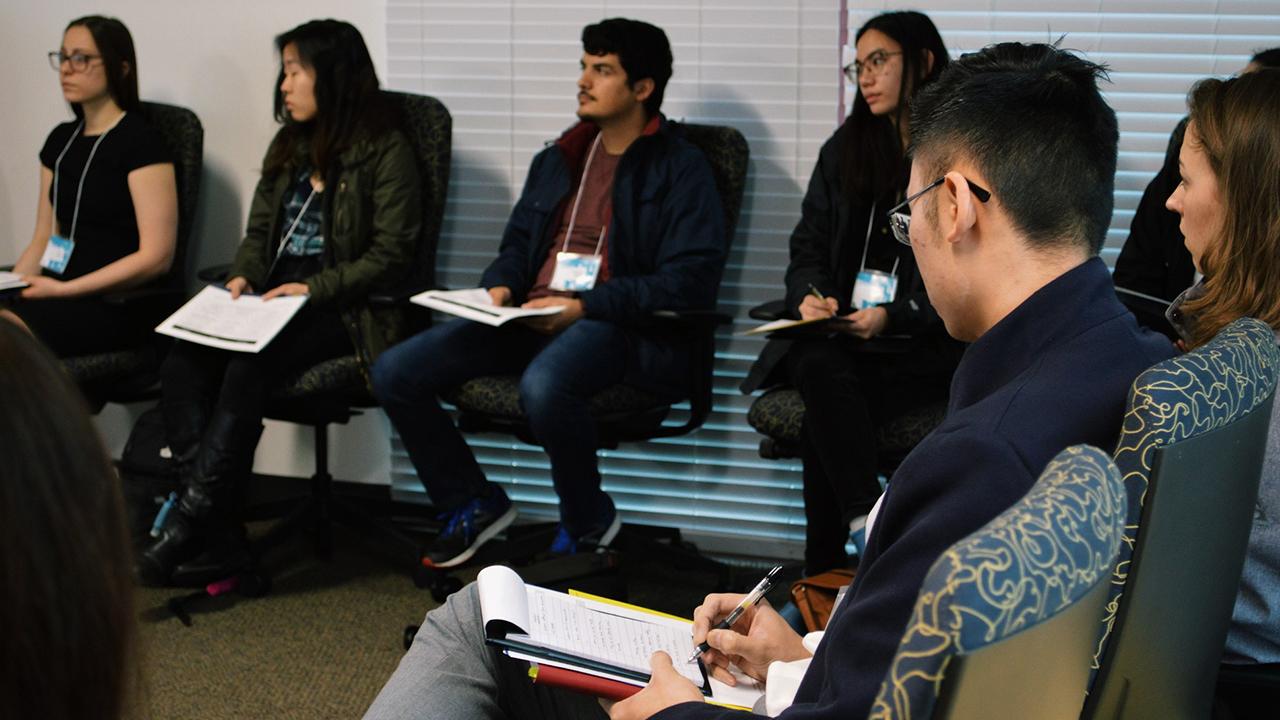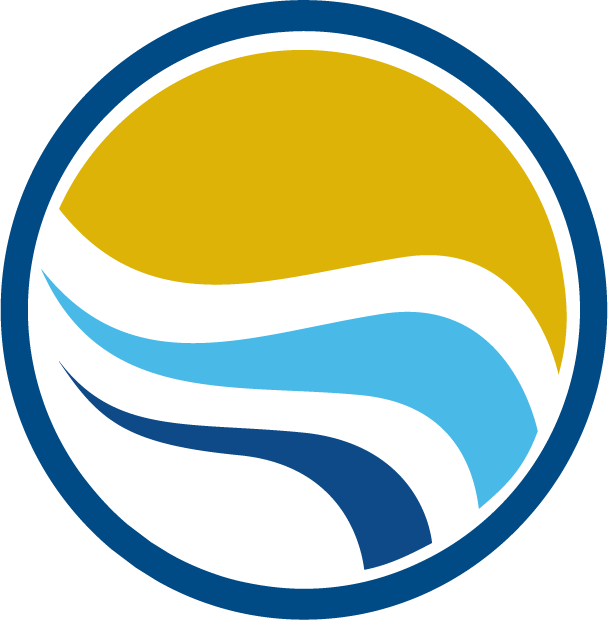
Professionalism, Leadership, and CLL
As college students, some of us are eager to enter the professional world and some are a little nervous. What exactly do employers and recruiters want to see from us?
As part of Bloomberg’s 2016 ranking of the top business programs, Bloomberg surveyed 1,251 job recruiters at 547 companies to learn which skills employers want, but can’t find. They reported that across all the industries they considered, leadership, creative problem-solving, strategic thinking, and communication skills were consistently the four rare skills companies wanted most.
When the National Association of Colleges and Employers (NACE) asked employers participating in its “Job Outlook 2018” survey which attributes—beyond a strong GPA—they value most, 72.6% of employers responded that they look for leadership on a candidate’s resume, and a staggering 82.9% look for problem-solving skills and the ability to work in a team. These three skills topped the list among all other skills mentioned!
The Graduate Management Admission Council (GMAC)’s 2017 “Corporate Recruiters Survey” asked nearly 1,000 employers, who recruit on business school campuses, a similar question, and reported that communication skills top the list of skills and abilities looked for in hiring business school graduates.
There’s a trend that employers look for leadership, problem-solving, and communication skills. While leadership can be broadly defined, here at the Center for Leadership Learning, leadership is a culmination of all the attributes above and more. Furthermore, the CLL provides undergraduates unique opportunities to formally learn about leadership and professionalism, while receiving invaluable, hands-on training.
The Leadership Essentials Workshops Series specifically introduces workshops on Communication and Group Development, but also features topics ranging from Self-Awareness, where we explore how self-knowledge impacts our goals as a leader and helps us navigate interactions with others, to Global Perspectives, where we develop the foundations that are important to understanding and adapting to the diverse climates and situations in today’s world.
The Student Leadership Development Program allows students to conduct campus-focused group work and the Diversity Leadership Development Program allows students to practice sustained dialogue and even complete a relevant project or internship.
But leadership isn’t only applicable or useful at work. Leadership goes far beyond title and position, telling others what to do, or having authority and power. Through the variety of curricular and co-curricular programs that are open to every undergraduate student, the CLL aims to educate and cultivate the next generation of leaders who not only have the ability to thrive professionally and work effectively with others, but also have a strong sense of self-awareness, and are civically and socially engaged!
Sources:
2016 Bloomberg Job Skills Report 2017 NACE Job Outlook 2017 GMAC Corporate Recruiters Survey
